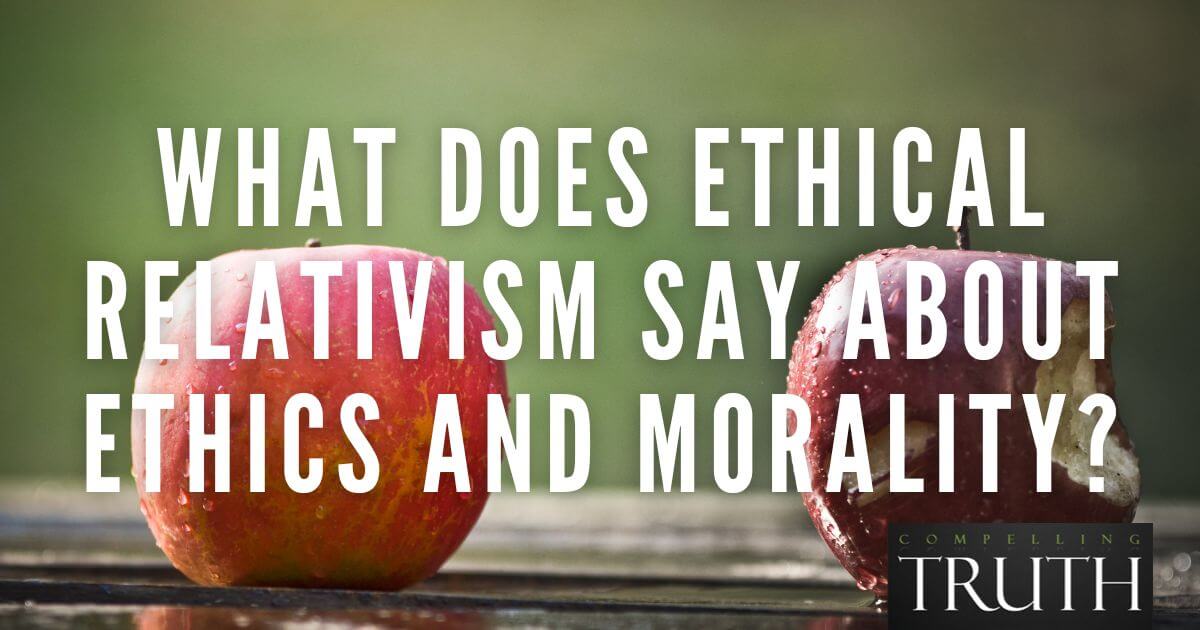The Bible provides insight into the concept of moral absolutism, which is the belief that there are universal, unchanging moral truths. While Scripture doesn't use the term "moral absolutism," it does present God's character and commands as the ultimate standard for morality. The Bible teaches that God's nature is good, just, and unchanging, which forms the basis for absolute moral truths. However, morality goes beyond mere rule-following and involves heart attitudes, intentions, and love for God and others.
While the Bible affirms certain absolute moral truths rooted in God’s nature and character, it also emphasizes that true morality stems from a transformed heart that loves God and others. This understanding challenges us to move beyond mere rule-following to cultivate a deep, personal relationship with God that transforms our motivations and actions. In a world that often promotes moral relativism, the biblical view reminds us that there are indeed universal moral truths grounded in God's unchanging character.
However, it also cautions against a rigid, pharisaical approach to morality that focuses solely on external compliance. Instead, it calls us to seek wisdom and discernment in applying God's timeless principles to complex situations, always guided by love for God and others. The Bible's teaching on morality invites us to align our hearts with God's character, recognizing that true moral behavior flows from a transformed inner life, rather than mere external conformity to rules.




